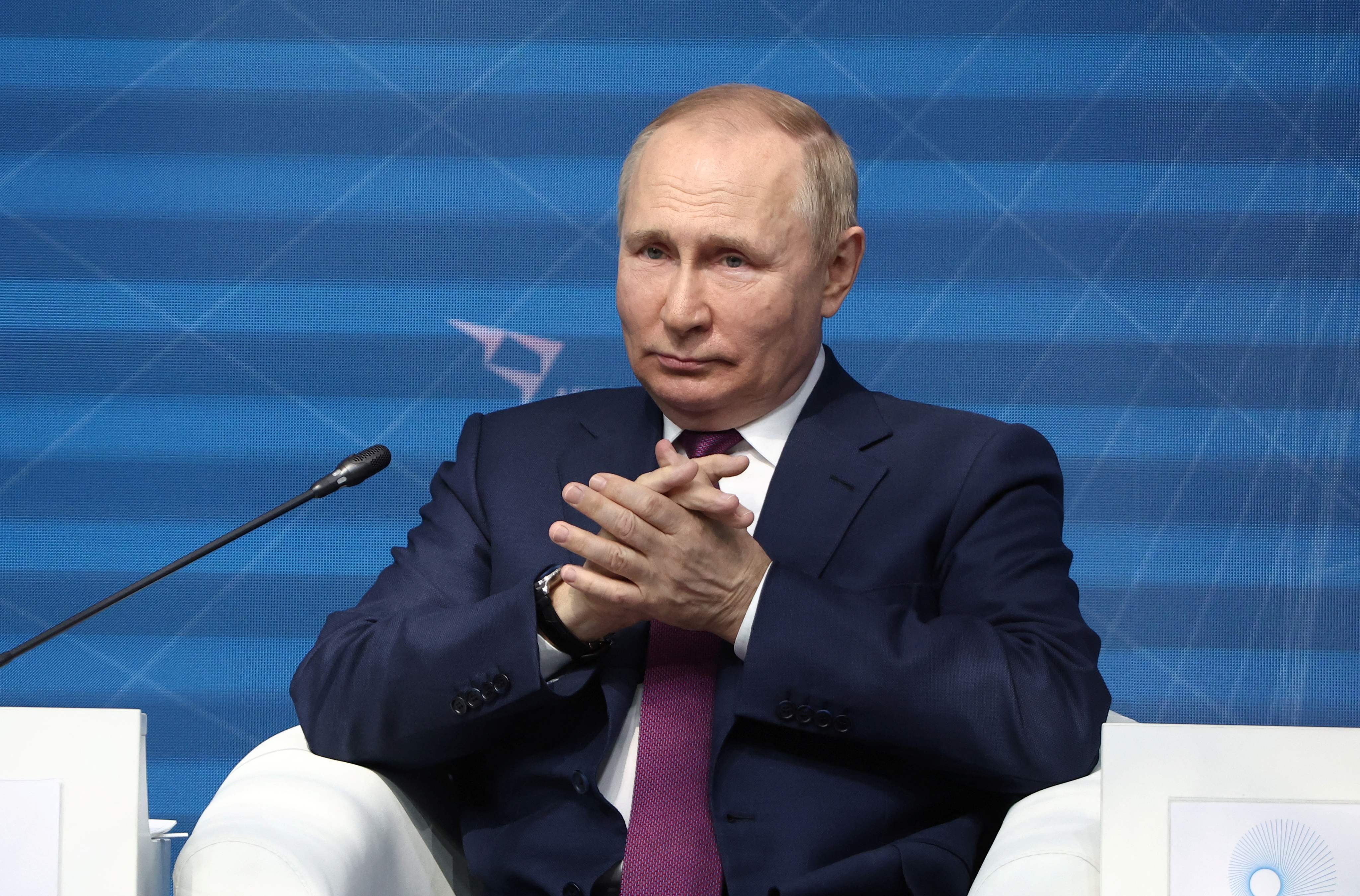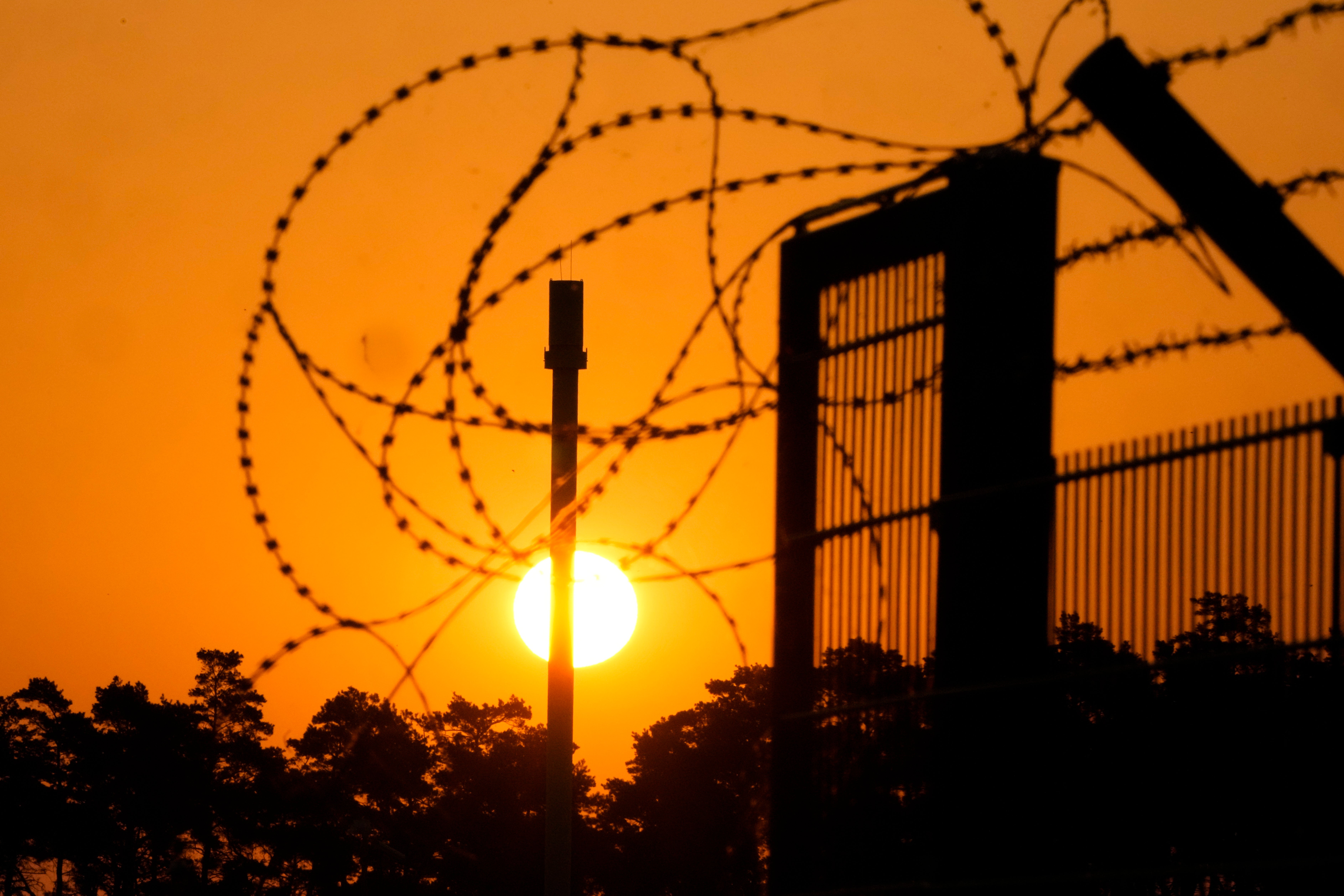
A German city has banned hot water and heating in public buildings after Russia cut back its gas supplies to the country.
Hanover’s drastic move - which will also affect swimming pools, sports halls and gyms - comes after Vladimir Putin reduced gas flow to the country by 20 per cent.
Residents of the city have already started to take cold showers as the city’s mayor Belit Onay said they have to reduce energy consumption by 15 per cent due to the “imminent gas shortage”.
“The situation is unpredictable, as the last few days have shown,” he said. “The state capital is still trying to prepare as best it can. We see it as our responsibility here and we have to move forward. Every kilowatt hour saved protects the gas storage.”
While Hanover is the first city to experience the squeeze, more of Germany will follow suit as a significant reduction in gas usage will take place between April and September each year.

Residents’ thermostats will be set to just 20C for the rest of the year - with some exemptions - and there will be no hot water or heating in any public building during the selected months.
In recent weeks, officials from Germany and other EU member states have begun to talk openly and urgently about the need for immediate reductions in consumption in advance of the peak winter heating season.
They have also started to plan publicly for compulsory allocation, including rationing and prioritisation among industrial users, as well as sharing among member states in the event there is not enough gas to supply everyone.

Germany‘s network regulator, Klaus Mueller, confirmed the reduction.“Gas is now a part of Russian foreign policy and possibly Russian war strategy,” Mr Mueller told Deutschlandfunk radio.
Russia recently accounted for about a third of Germany‘s gas supplies.
The government said last week that the drop in gas flows confirmed that Germany can’t rely on Russian deliveries, announcing that it would step up its gas storage requirements and take further measures to conserve supplies.
German capital Berlin has started to switch off spotlights which usually light up historic momuments around the city in a bid to save energy.
Even landmarks and tourist attractions such as the State Opera House and Charlottenburg Palace will be kept in the dark in the new national conservation effort.







